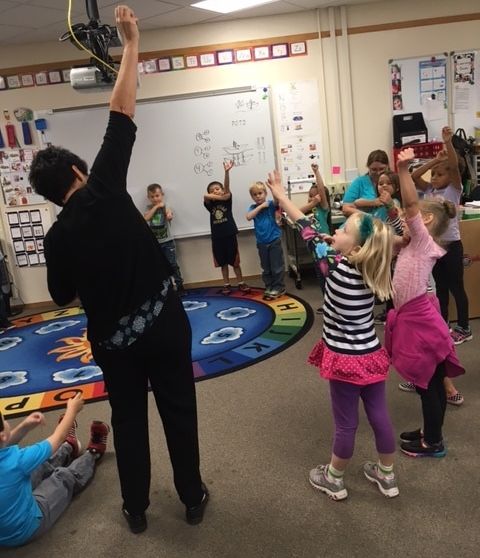:: programs ::

Children and Trauma:
Effective Strategies for Healing and Resiliency
26 percent of children in the United States will witness or experience a traumatic event before they turn four, and 4 of every 10 children in America say they experience a physical assault during the past year, with 1 in 10 receiving an assault-related injury.
Toxic stress or trauma can involve events such as physical abuse and/or emotional abuse and neglect, divorce, bullying, domestic violence, car accidents and a death in the family. Emotional trauma occurs when an external threat overwhelms a person’s internal and external positive coping resources (SAMHSA).
Parents and staff who work with children can benefit from education about how trauma affects children in their care, what trauma-informed care is and how to create safe environments. Trauma can impact children’s ability to learn, social interactions and self-regulation skills.
This training will discuss how trauma impacts children, the Adverse Childhood Survey (ACE’s), how to create a safe environment and ways to avoid re-traumatizing practices. Specific hands-on tools will be discussed to help parents and/or staff support emotional self-regulation for themselves and for their children.
Attendees will improve their understanding of:
Effective Strategies for Healing and Resiliency
26 percent of children in the United States will witness or experience a traumatic event before they turn four, and 4 of every 10 children in America say they experience a physical assault during the past year, with 1 in 10 receiving an assault-related injury.
Toxic stress or trauma can involve events such as physical abuse and/or emotional abuse and neglect, divorce, bullying, domestic violence, car accidents and a death in the family. Emotional trauma occurs when an external threat overwhelms a person’s internal and external positive coping resources (SAMHSA).
Parents and staff who work with children can benefit from education about how trauma affects children in their care, what trauma-informed care is and how to create safe environments. Trauma can impact children’s ability to learn, social interactions and self-regulation skills.
This training will discuss how trauma impacts children, the Adverse Childhood Survey (ACE’s), how to create a safe environment and ways to avoid re-traumatizing practices. Specific hands-on tools will be discussed to help parents and/or staff support emotional self-regulation for themselves and for their children.
Attendees will improve their understanding of:
- The definition of trauma and its impact on adults and children
- The ACE’s Study and the impact of trauma through the life span
- Knowledge of recovery and trauma specific age appropriate trauma interventions and resources